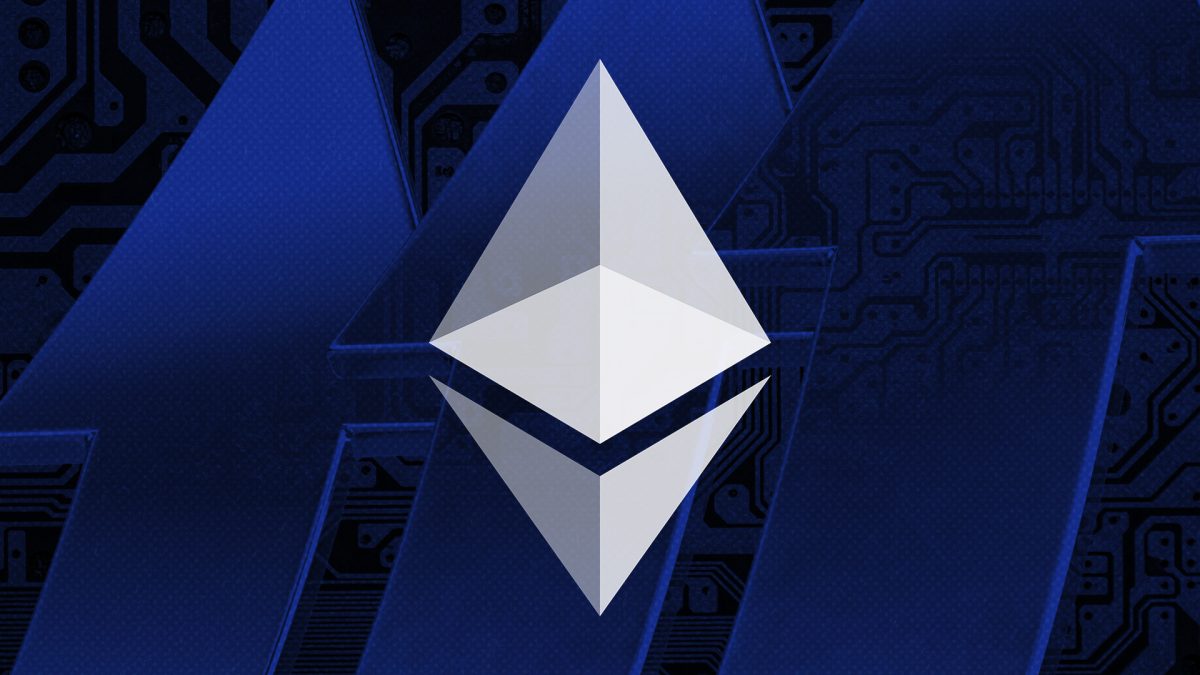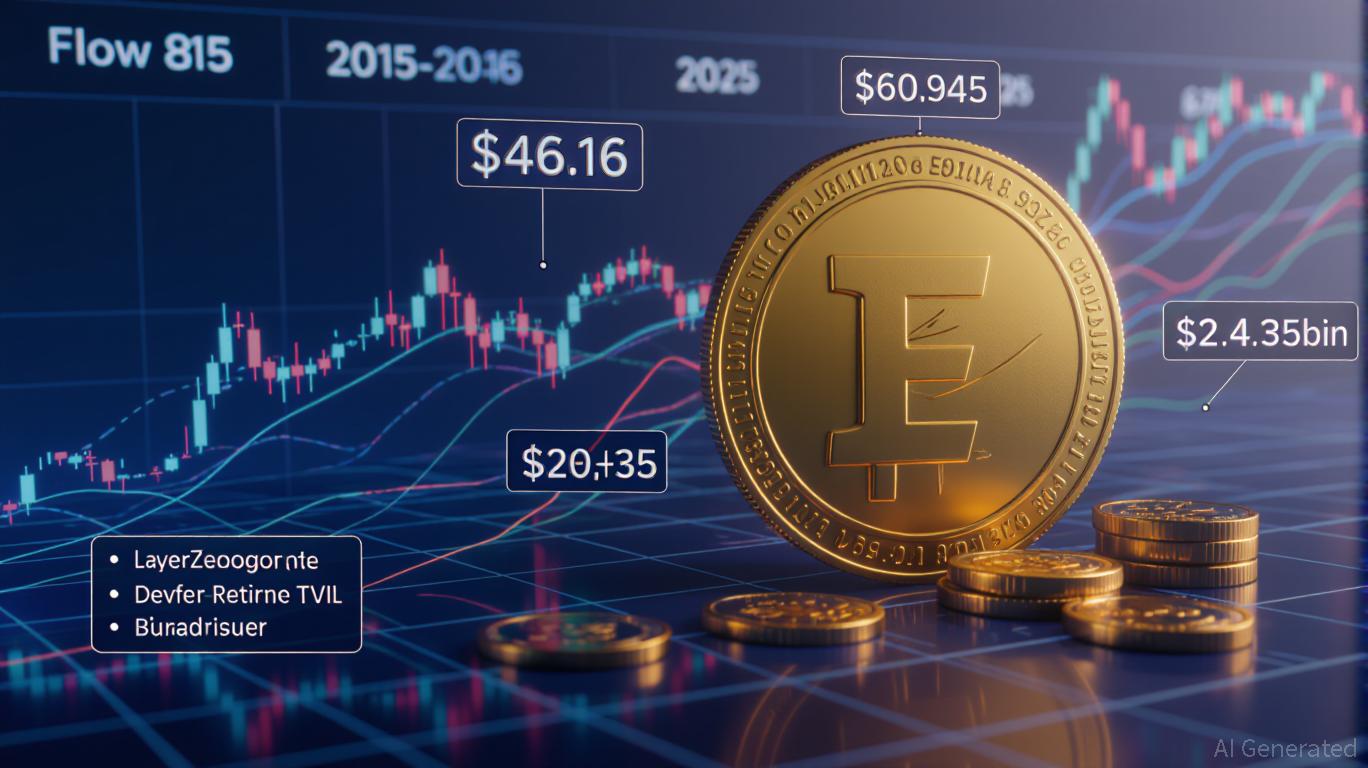Ethereum Foundation pauses $3 million 'open grants' program as it looks to redirect funding
Quick Take The Ethereum Foundation is pausing its open grants programs, initially launched in 2018, as it rethinks its spending strategy amid “high volume of inbound applications.” In a recent treasury report, the organization said it hopes to cut its burn rate to about 5% per year.

The Ethereum Foundation is pausing its open grants programs, initially launched in 2018. According to an announcement on Friday, the so-called Ecosystem Support Program awarded over $3 million across over 100 projects in grants alone.
"Our mission is to enable work that strengthens Ethereum’s foundations and empowers future builders, in domains such as developer tooling, research, community building, infrastructure, and open standards," the foundation wrote in a blog post signed by the Ecosystem Support Program.
"[A]s an open grants program with a lean team and broad scope, the high volume of inbound applications has consumed most of our time and resources, leaving limited capacity to pursue new strategic opportunities," Friday's blog reads.
Much of the funding the EF supported through grants involved finding technical and scalable problems to the world's most used chain, including developer tools like Commit-Boost, an analytics program called BundleBear, and cutting-edge cryptographic research like ZK Playbook.
The program also funded the semi-official Ethereum Cypherpunk Congress, a collection of Ethereum cultural, academic, and technical leaders that worked to spread information about Ethereum and the foundation.
While it is difficult to determine how much worth of grants that EF supplied over the years — largely due to discrepancies in naming conventions, like community outreach, education, and technical research — one recent report shows that in 2023, EF's largest expenditure was on “new institutions,” totaling $47.4 million compared to $28.6 million in 2022.
An even more recent financial report indicated the organization intended to spend approximately 15% of the treasury funds while also aiming to maintain a 2.5-year spending buffer in fiat terms, gradually reducing the spending ratio thereafter towards a sustainable level of around 5% per year.
Overall, the grants program overhaul appears to be part and parcel of the Ethereum Foundation's recommitment to running a leaner and more focused organization. Perhaps most notably, the organization hired co-executive directors Hsiao-Wei Wang and Tomasz K. Stańczak to lead the organization.
Over the coming months, Stańczak and Hsiao-Wei will focus on scaling the Ethereum mainnet and blobs, the transaction storage system, as well as pushing UX improvements, including at the Layer 2 interoperability and application layers.
"We remain deeply committed to supporting the Ethereum ecosystem and the public goods that sustain it. While these changes mark a new chapter for ESP, we are energized by the opportunities ahead to better support the incredible builders, researchers, and contributors driving Ethereum’s growth," the blog added.
Correction: Story and headline updated to specify EF's open grants program.
Disclaimer: The content of this article solely reflects the author's opinion and does not represent the platform in any capacity. This article is not intended to serve as a reference for making investment decisions.
You may also like
XRP’s Post-Regulatory Clarity Momentum and Its Long-Term Institutional Viability
- XRP's 2025 SEC "not a security" ruling unlocked institutional adoption, with 11+ ETFs under review and $1.3T in cross-border transactions via Ripple's ODL. - Layer Brett (LBRETT) offers 55,000% APY staking and Ethereum Layer 2 scalability but faces regulatory risks as a meme-driven altcoin with speculative 100x-1,000x price projections. - XRP's institutional credibility contrasts with LBRETT's retail-driven model, as Ripple partners with major firms while LBRETT's deflationary structure and governance ex

Assessing the Significance of the $164.6M Spot ETH ETF Outflow: A Cautionary Signal or a Temporary Correction?
- U.S. spot Ethereum ETFs saw a $164.6M net outflow on Aug 29, 2025, ending a six-day inflow streak led by Grayscale and Fidelity funds. - The outflow coincided with Ethereum price dips below $4,300 amid inflation fears and geopolitical risks, contrasting with Ethereum's 71% YTD gains. - Institutional investors shifted capital to safer assets like TIPS due to Fed rate delays and Trump trade policies, while retail adoption via DeFi/NFTs and Layer 2 solutions remained robust. - Technical indicators show Ethe

Can Remittix (RTX) Overtake Dogecoin and Lead the 2025 Altcoin Surge?
- 2025 crypto market pits utility-driven Remittix (RTX) against meme-driven Dogecoin (DOGE), with RTX targeting $19T remittance inefficiencies via instant cross-border payments and deflationary tokenomics. - RTX’s $22.2M presale, institutional adoption, and CertiK-audited security contrast with DOGE’s speculative reliance on social sentiment and unlimited supply, risking long-term viability. - Market rotation favors RTX as Ethereum’s utility token classification boosts institutional inflows, while DOGE fac

Is Flow (FLOW) a Smart Long-Term Investment in a Post-2025 Crypto Market?
- Flow (FLOW) faces a shrinking market cap but shows ecosystem resilience in 2025's crypto landscape. - Technical analysis reveals bearish short-term pressure but bullish long-term projections up to $3.79 by 2030. - DeFi TVL growth (46% to $68M) and PayPal integration highlight fintech positioning amid $21.4B industry expansion. - Lags behind Solana ($108B) and Ethereum in scale but gains traction via 1M TPS roadmap and EVM compatibility. - Long-term viability depends on regulatory navigation and sustainin

